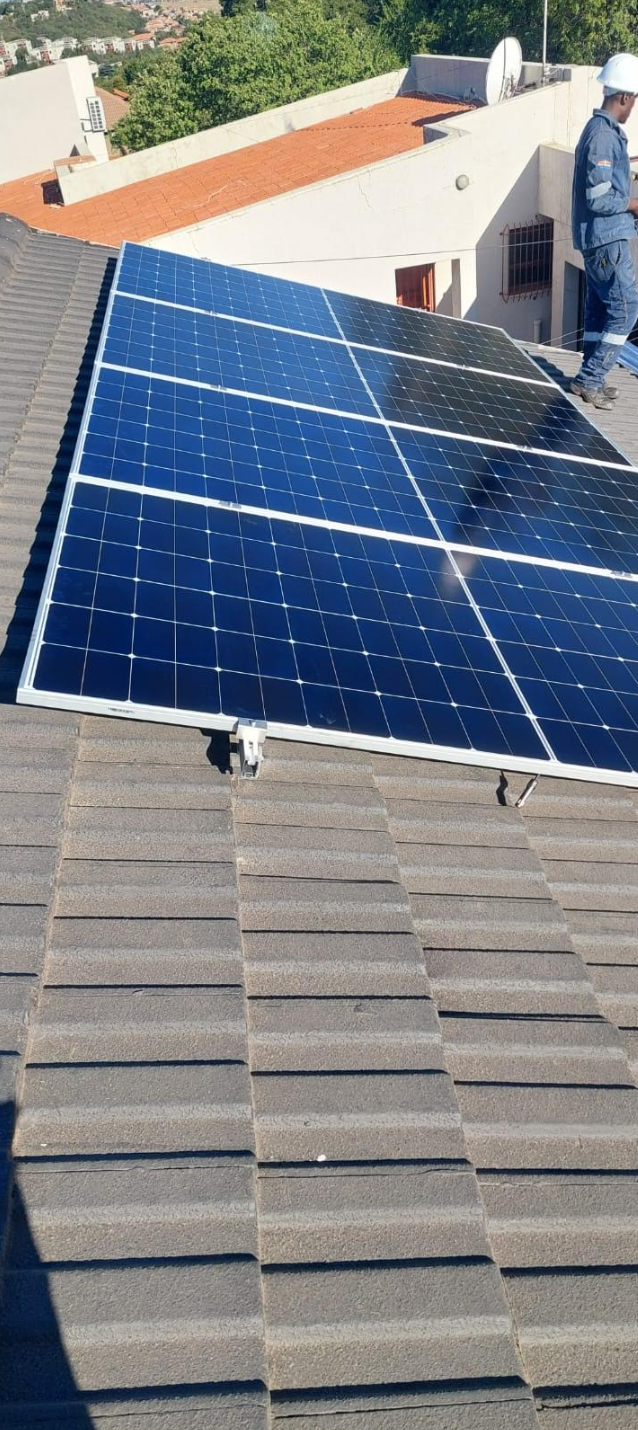Eskom Creating Solar FUD

Over the last few months we have seen some negative press coming from South Africa's SOE electricity supplier called Eskom. They are scared and rightly so as the customers that pay the bills are slowly moving away by becoming independent solar power plants reducing their need on the grid.
One does not have to be a genius to understand why there is so much negativity as who is going to provide the short fall in lost revenue? The SOE relies on the 20% to pay their bills so they can provide free or subsidised electricity for the 80%. Obviously this is not fair and everyone can see where this is all going as electricity prices will just keep rising as more and more houses turn to solar.
What Eskom tried to force through and thankfully was rejected as being illegal was every solar installation that was not registered with them was deemed dangerous and illegal. They do not recognise the Certificate of Compliance (COC) and would like independent engineers under their control to sign these off. This is another earning potential that is open to even more corruption. There has been no real regulation with regard to solar so making it up now is way too late.
The other stipulations were they wanted to see every solar installation have a bidirectional meter installed at the home owners expense even if the property did not want to supply the grid. They also wanted new cabling from the homes distribution board to a new meter on the street which would allow Eskom technicians to isolate the property from the grid possibly for a higher tariff system.
What Eskom fails to see is these extra items would cost tens of thousands to install basically guaranteeing every solar installation would be off the grid permanently. My solar installation would need another R150K ($8K) invested to leave the grid entirely which I would do if they enforced these rules. I was not really that concerned or paying attention to all this nonsense as I think we will be fully off the grid within the next few months anyway. If I am going to sell my house then having an off the grid property will generate far more interest.
Our electricity supplier is a municipality and not a direct Eskom customer so at least this would be treated slightly differently. None of this makes sense considering those houses on solar are relieving the strain on the grid and are being penalised for this. The truth is they hate the idea you are not reliant on them and you have independence away from their control.
Load shedding is not over and businesses need to be independent from the grid finding their own power solutions. 5 years ago it was more about back up power like generators providing power for a few hours daily and now it is about finding alternate permanent power solutions leaving the grid entirely or using the grid for a few hours only so the tables have been turned.
The monthly revenue is decreasing so creating some negativity scaring people away is what they are doing. This sounds so similar to crypto and the fud we saw taking place over the last few years trying to delay mass adoption through negativity.
Posted Using INLEO
Nice post
In Australia they started charging people for supplying electricity to the grid.
How does that work? Our tariff pays us more for exporting than we pay for off-peak power. I know the coal lobby is powerful in Oz, so that may influence matters.
So the electricity company charges a fee for the privilege of exporting power to them that is higher than the Feed-in Tariff.
Outrageous, Yes. But it is happening in Australia.
It is a scandal. Australia is rich in solar.
There does seem to be a lot of variation in how friendly power companies are to domestic solar across the world. In the UK Octopus and some other companies are encouraging customers to get it. I think they see benefits in reducing the costs for importing peak time power and investing in generating infrastructure. They give decent rates for export, so the economics are good for me. Of course I had to invest some money for the installation, but it will pay off and it is something we wanted to do.
The situation in South Africa is likely to be different, but I would think solar should still be encouraged. It offers more energy independence. We need governments to lead on this if the companies are not.